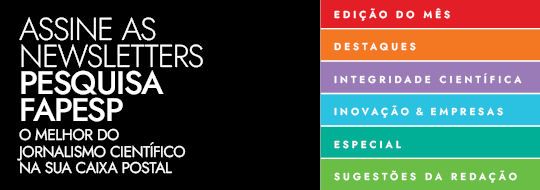In the last decade, the CRISPR-Cas9 gene-editing technique has emerged as a promising option not only for treating diseases of genetic origin, but also for ensuring babies are born without these anomalies. But the latter is not yet feasible, concluded participants at a conference on genome editing held in London, UK, in March. The organizers said that heritable genome-editing experiments on embryos have not been proven safe. Evidence presented during the meeting made it clear that cutting the two strands of DNA to replace certain sections still has uncontrollable side effects and that further laboratory studies of reproductive cell editing are needed to gain a better understanding of embryonic development. Gene editing in adult cells, however, was recognized as an important advance in the treatment of diseases such as sickle cell anemia (Nature, March 10).
Republish